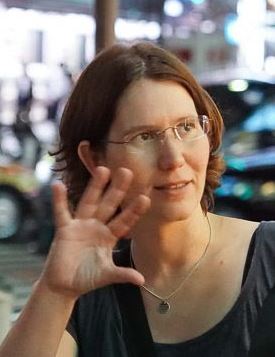Ulrike teaches Eastern European History at Bremen University. She completed her PhD at the Humboldt University in Berlin. Her first book is on the Russian Orthodox Church and religious practices in the Soviet Union during the 1940s and 50s.
In her current research she focuses on Soviet ethnographers and their scholarship in the late Soviet Union. Science in the Soviet Union aimed at life improvement and therefore was expected to find practical solutions. In the sphere of humanities, ethnographers had to propose "recommendations" and memorandums to state and party authorities based on their field research. Therefore, ethnographers were in a very specific way part and parcel of the proclaimed Soviet utopia. In particular, since the late 1950s they were expected to assist to the construction of a new "Soviet nation". These expectations legitimized their research and ensured them resources, but at the same time framed their research questions, methodology, and their self-understanding. Especially in Soviet Ukraine ethnographers were expected to lay the "scientific foundation" of "new Soviet feasts and rituals" such as, for example, the "ceremonial consecration as a peasant laborer".
The research stay in Lviv is aimed at exploring the specific role of the Lviv department of the Institute of History of Art, Folklore and Ethnology of the National Academy of Sciences during the 1970s and 80s.
Another field of Ulrike Huhn’s interest is the revival of Jewish Studies both within the official academic ethnographic community and the independent Jewish movement. During her stay at the Center she will deliver a public talk on: "Parallel science? The Jewish Historical-Ethnographic Commission and conditions of Jewish Studies in the late Soviet Union".

